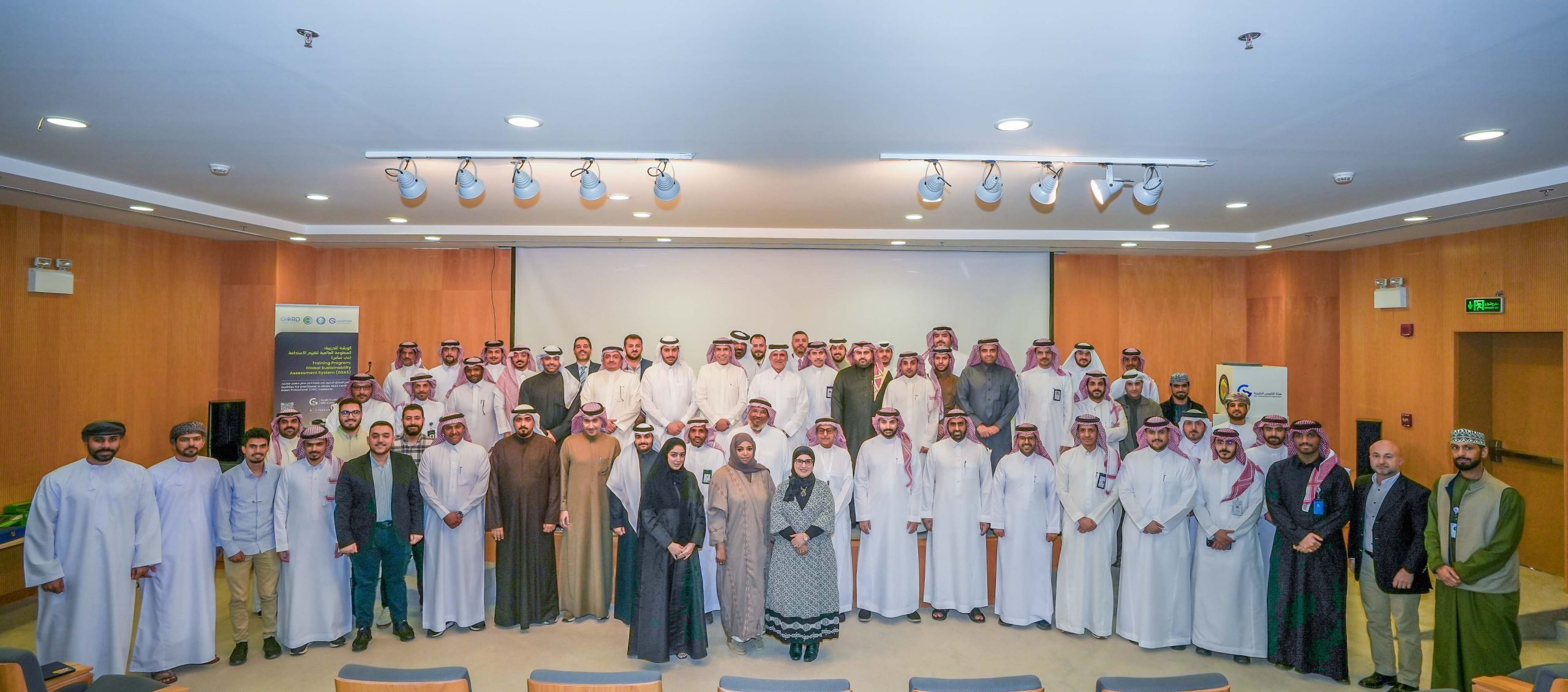Verra has announced the issuance of the first Verified Carbon Units (VCUs) generated under the VM0042 Improved Agricultural Land Management methodology. The Involtor Future Agriculture East-Europe Project has been verified to produce 64,645 VCUs, following its registration in Verra’s Verified Carbon Standard (VCS) Program. This development highlights the potential of soil carbon projects in contributing to large-scale climate action through the voluntary carbon market.
The Involtor project, based in Romania, has implemented Improved Agricultural Land Management (IALM) practices across 4,170 hectares, including reduced tillage, cover cropping, crop residue retention, optimised fertilisation, and improved water management. These practices are expected to result in total emissions reductions and removals of 480,000 tonnes of CO2 equivalent (tCO2e) over the next 30 years.
The project utilises a combination of biogeochemical modelling, soil sampling, and laboratory analyses to quantify greenhouse gas emission reductions and soil organic carbon (SOC) removals. Revenue from carbon credit sales will support the project’s ongoing operations and planned expansion to 11 million hectares across four additional European countries.
The project is situated in an area rich in Chernozem soils, also known as black soils, which are highly fertile and have significant carbon storage potential. Black soils are crucial for agricultural production, particularly for crops like cereals, tubers, and oilseeds. However, these soils face degradation risks from unsustainable management practices and land-use changes. Protecting such soils is seen as a vital step in mitigating climate change.
The VM0042 methodology is becoming a prominent tool within the VCS Program, with 72 projects under validation and 52 under development. It is currently the second-most used methodology in the program. In addition to Involtor’s project, the AgreenaCarbon Project (Verra Project 4022) has also been successfully registered under this methodology, marking the first large-scale agricultural cropland project of its kind.
Verra has also launched a digitalised version of VM0042, v2.1, as part of its digitalisation initiative. The digital format aims to streamline the project submission process and encourage broader adoption of the methodology.
The Involtor project demonstrates the potential of regenerative agriculture to contribute to climate mitigation. By adopting sustainable farming practices, the project aims to reduce greenhouse gas emissions, improve soil health, and protect valuable natural resources. The initiative is expected to catalyse further investment in soil carbon projects, showcasing the role of agriculture in addressing the global climate crisis.













